While car owners and enthusiasts are expected to have some knowledge of basic vehicle maintenance repairs their vehicle, not everyone knows how to replace their car’s brakes. Being able to replace the brakes on your own has its advantages over having it serviced someplace else, but there are caveats as well. This article from Philkotse.com will go into detail.
I. Benefits of DIY car brake replacements
1. It will help save money
The most obvious benefit in knowing how to replace your car’s brake pads and rotors is cost-efficiency. You get to save money that you would have otherwise spent in hiring a mechanic or paying for the use of related facilities, apart from the fuel you’ll consume getting there if it’s a considerable distance from your home.
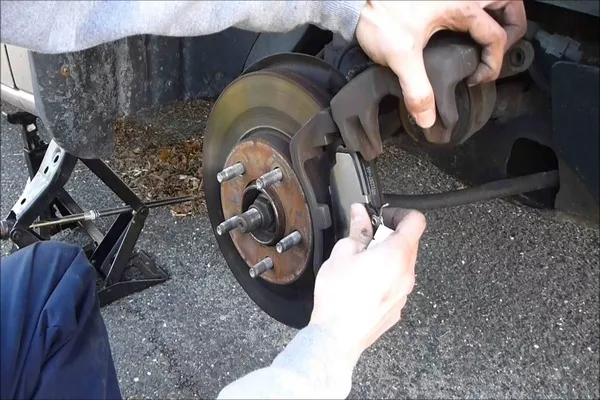
You will save money if you replace the brake pads on your own than having a mechanic do the job
2. You can choose the brands to use
With DIY brake and rotor repair or replacement, you have the option to choose which brands to use, putting you in charge of quality control. You can either go for pricier genuine parts or more affordable aftermarket ones, depending on your budget. You can even upgrade to performance parts, as long as they fall within your car’s technical parameters.
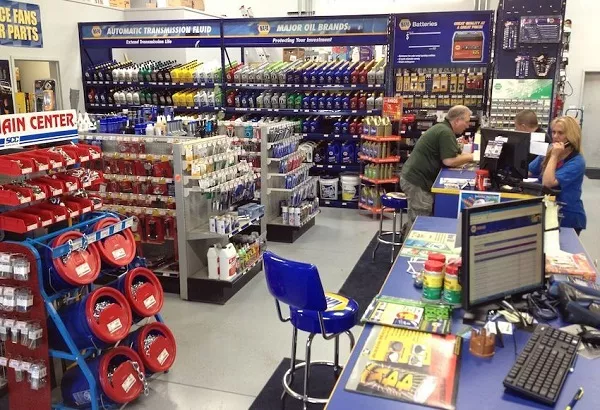
When replacing the car’s brake pads on your own, you are free to choose the brands to use
>>> For further reference: Top 3 Tips on Getting the Best Deals on Car Accessories in Banawe Street.
3. Do it at your own pace
The DIY approach also lets you decide when and where you’ll do the work. You can get it done as your schedule allows, without having to depend on someone else’s availability.
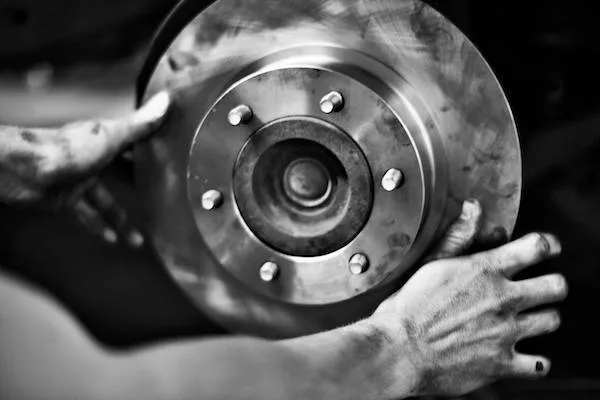
The do-it-yourself approach will allow you to decide when and where you’ll do the work
II. Disadvantages of changing brakes by yourself
Now let's tackle the disadvantages of doing everything by yourself.
1. Uncertain diagnosis
In their eagerness to get things done quickly, car owners sometimes forego the due diligence of getting a more thorough diagnosis of what the real problem is. What could easily be misinterpreted as a simple replacement of brake pads and rotors could actually be a symptom of an even bigger problem, and this falls within a competent mechanic’s area of expertise.
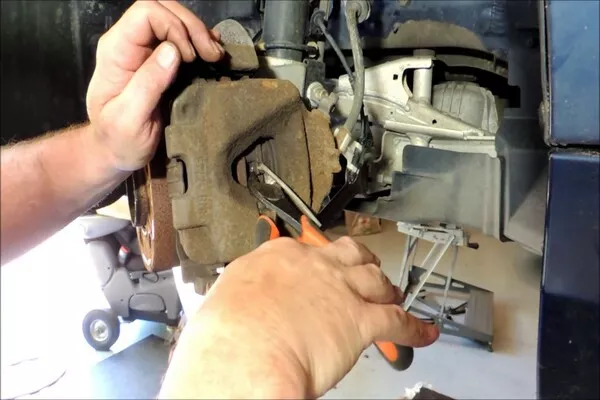
There are instances when the car owner is unaware of what the main problem is
>>> Replace your brake when noticing 6 warning signs of a poor braking system.
2. The complexity of the work
Fixing the brakes goes beyond replacing the relevant friction parts and adding a little brake fluid, what with more complex brake systems becoming prevalent among newer cars. Although changing the brake pads and rotors is a relatively straightforward process, problems can still arise if car owners are unsure of what they’re doing.
There are small parts such as pins that can easily be overlooked when putting back the brake assembly together, and this can render all your effort for naught.
With disc brakes on some cars, there isn't much space for you to maneuver. Plus, the wheels travel through debris and rain, which can leave rust on the discs and calipers, making them more difficult to remove.
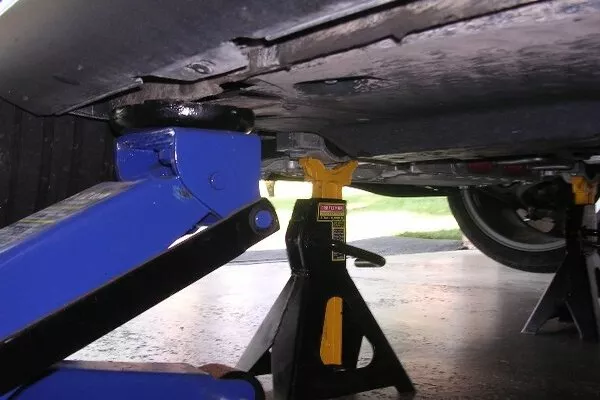
Changing brake pads can still go wrong if the car owner isn't sure of what he's doing
3. You need the right materials
When replacing the brake pads and rotors, you need to have the right tools to effectively do the job. You also need to prepare the new components to replace the old ones, such as:
- Brake pads
- Brake grease
- Brake rotors or also known as brake discs
- Brake fluid
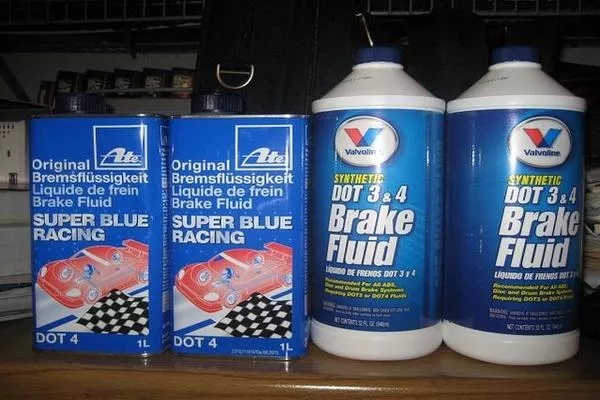
Different types of brake fluid
You will also need a specialized brake tool or C-clamp that will be used to compress the pistons in the brake calipers of your car. This will allow you to detach the old brake pads and replace them with new ones.
4. Possible complications
If the brake pads are not aligned during installation or the clipper slide pins stick as a result of being improperly attached, this could result in the pads having uneven wear. This also happens when the calipers are in need of cleaning and lubricating.
Excessive brake pedal travel is also a problem when you end up stepping on the pedal farther than you usually need to just to engage the brakes. This is caused by the presence of air in the hydraulic brake lines, something which can easily be overlooked by an inexperienced driver.
How to Replace Your Car's Brake Pads
Sometimes it’s not just the brake pads and rotors that are in need of replacing. Other components like the brake caliper, master cylinder and piston might also need to be replaced.
If you've finished everything yet a grinding, squeaking and squealing sound still persists when driving the car, then you may need to start the job all over again, just to see where you made a mistake or neglected something in the process.
III. The bottom line
Replacing your own brake pads and rotors can be very fulfilling, giving you a sense of accomplishment in being directly responsible for a major part of your car’s upkeep. However, if you don’t have the necessary know-how to identify and diagnose what the real problem is, which tools are needed or the patience in overseeing the details, then DIY car repair can do more harm than good.
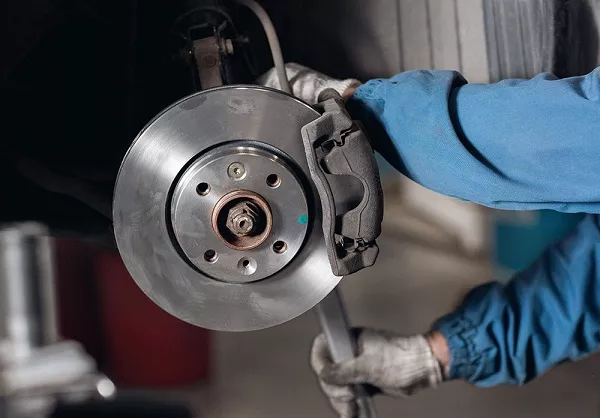
Undertaking repairs on your own car, as long as knowing what you are doing
Replacing the brake pads and rotors is a common solution, and it’s unsurprising why a lot of car owners find it easy to resort to this fix. You might think that you know your car better than anyone else, but a qualified mechanic has years of experience and training in evaluating problems with a car’s braking system, which is more complicated than you think.
There’s nothing wrong in undertaking repairs on your own car, as long as knowing what you are doing. But if you only want to experiment, think again. It’s better to bring your car to a professional with the necessary facilities to have it properly fixed, rather than compromise the car’s performance (and your safety).
>>> Get more useful tips and advice for your car maintenance here
Recent posts
- How to use your car brakes properly Nov 07, 2018
- These 7 habits of car owners are awfully damaging their brakes Mar 17, 2021
- Do’s and Don’ts when car brakes fail Mar 17, 2021
- How to make your brakes last longer? Feb 17, 2021












